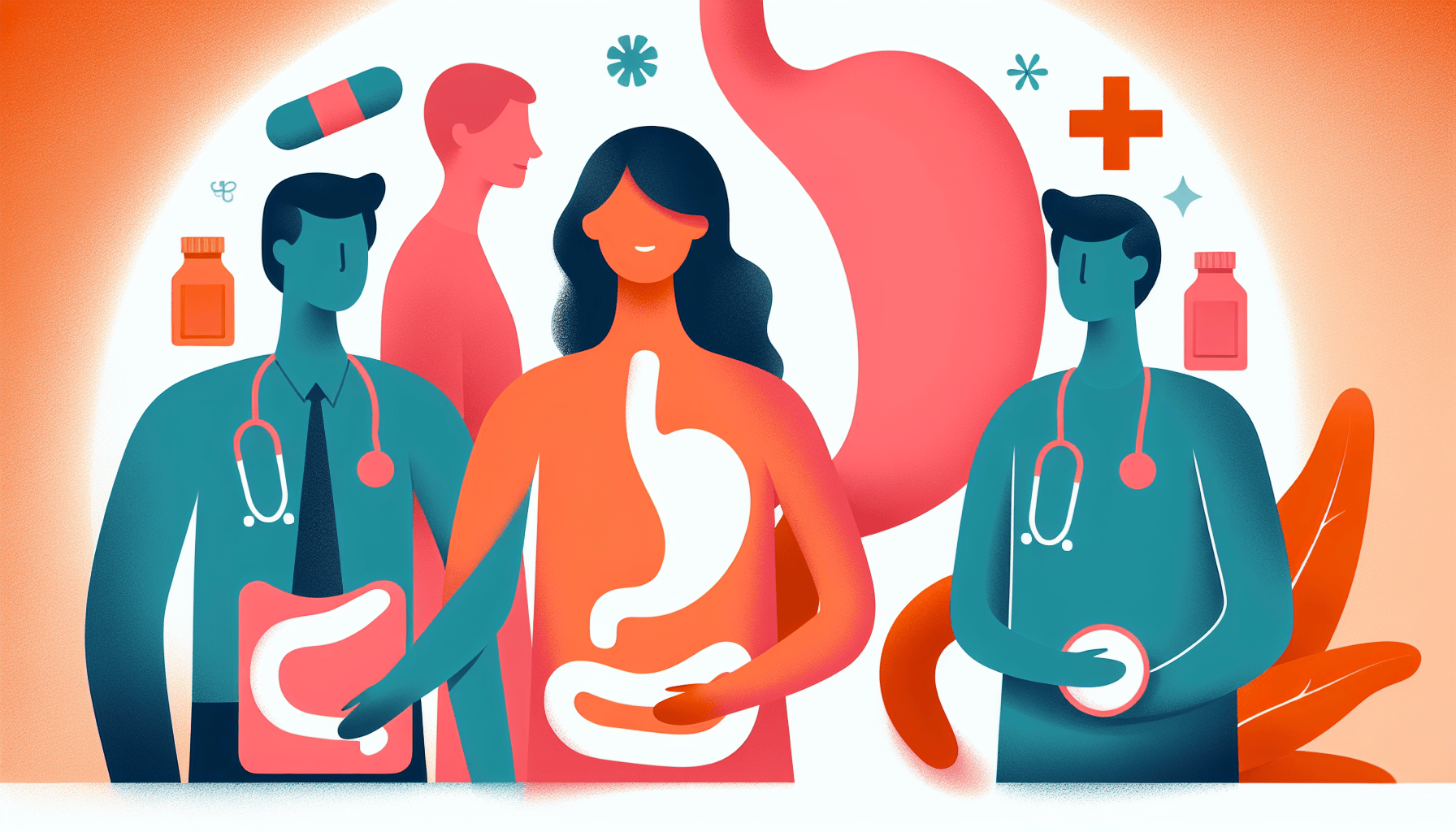Utah Becomes the First State to Let AI Handle Prescription Refills
Utah just made history: it's the first US state to let an AI system renew prescriptions on its own. The program covers people who are already taking medications for [...]
Read More
Medically reviewed by Oghenefejiro Okifo | MD, Harvard Medical School | Henry Ford Hospital - Detroit, MI on September 18th, 2023.
Stomach ulcers, also known as peptic ulcers, are open sores that develop in the lining of your stomach or the upper part of your small intestine. These ulcers can cause discomfort and pain, but with proper treatment and lifestyle changes, they can be managed and healed.
There are three main types of peptic ulcers:
Gastric ulcer: Occurs in the lining of the stomach
Duodenal ulcer: Develops in the upper part of the small intestine
Esophageal ulcer: Forms in the lining of the esophagus
The primary cause of peptic ulcers is a bacterial infection called Helicobacter pylori (H. pylori). This bacteria can increase stomach acid production and break down the protective mucus layer in the digestive tract. Other factors that can contribute to the development of ulcers include:
Overuse of over-the-counter painkillers (NSAIDs)
Heavy alcohol consumption
Smoking
Psychological stress
Certain medical conditions, such as Zollinger-Ellison syndrome
Common symptoms of peptic ulcers include:
Burning pain or discomfort between the belly button and breastbone
Pain that may improve with eating, drinking, or taking antacids
Feeling easily full or loss of appetite
Heartburn and acid reflux
Nausea and vomiting (sometimes with blood)
Dark or bloody stools

To diagnose a peptic ulcer, your doctor may perform the following tests:
Physical exam to check for abdominal tenderness and pain
Blood, stool, or breath tests to detect H. pylori infection
Endoscopy to visually examine the digestive tract and take tissue samples
Barium X-rays to visualize the stomach and small intestine
Treatment for peptic ulcers typically involves a combination of medications, such as:
Antibiotics to eliminate H. pylori infection
Proton pump inhibitors (PPIs) to reduce stomach acid production
Histamine receptor blockers (H2 blockers) to decrease acid production
Antacids to neutralize stomach acid
Cytoprotective agents to protect the stomach lining
In some cases, surgery may be necessary to treat complications or severe ulcers. Lifestyle changes, such as quitting smoking, reducing alcohol and caffeine intake, and managing stress, can also help in the treatment and prevention of stomach ulcers.
To lower your risk of developing peptic ulcers, consider the following preventive measures:
Avoid overusing NSAIDs and take them with food
Quit smoking and limit alcohol consumption
Manage stress through relaxation techniques and adequate sleep
Maintain good hygiene to reduce the risk of H. pylori infection
Consume a balanced diet rich in probiotics and other beneficial nutrients
If you suspect you have a stomach ulcer, consult your healthcare provider for an accurate diagnosis and appropriate treatment plan. With proper care and lifestyle modifications, most peptic ulcers can be successfully treated and prevented.
For more information on stomach ulcers, visit:
Most ulcers heal completely within 4-8 weeks when properly treated with antibiotics for H. pylori or acid-blocking medications for NSAID-related cases. Early treatment prevents serious complications like bleeding or perforation that affect up to 15% of untreated cases. If you're experiencing persistent stomach pain or digestive symptoms, Doctronic can help you get answers and appropriate care quickly.
Utah just made history: it's the first US state to let an AI system renew prescriptions on its own. The program covers people who are already taking medications for [...]
Read MoreUnderstanding Mounjaro and Its UsesMounjaro is a prescription medication commonly prescribed for managing type 2 diabetes. It belongs to a class of drugs that help regulate [...]
Read MoreUnderstanding Hydrocortisone Uses and DosagesHydrocortisone is a versatile medication primarily used to reduce inflammation and suppress the immune system in various [...]
Read More